Governance and Finance
Corporate governance today is about more than just making profits for shareholders. It now aims to balance the needs of all stakeholders-employees, investors, creditors, and business partners. Good governance helps companies run better, attract talent, gain customer trust, and lower financial costs. Conversely, poor governance can lead to scandals, job losses, and broken contracts.
The “Governance and Finance” research group studies how governance works in modern financial markets. One of the focuses is on how firms choose, motivate, and keep talented leaders, especially CEOs, since exemplary leadership is key to company success.
The group is also interested in investigating how changes in financial markets, like the rise of big shareholders, activist investors, or even creditors, affect company decisions. The goal is to understand how different players and institutions influence company behavior and what that means for the future of business.
Research Cluster
Financial Resilience and RegulationYour contact

- Department Financial Markets
Refereed Publications
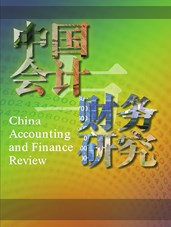
Hedge Fund Activism and Internal Control Weaknesses
in: China Accounting and Finance Review, No. 4, 2022
Abstract
Purpose: The aim of the paper is to investigate the associations between hedge fund activism and corporate internal control weaknesses. Design/methodology/approach: In this paper, the authors identify hedge fund activism events using 13D filings and news search. After matching with internal control related information from Audit Analytics, the authors utilize ordinary least square (OLS) and propensity score matching (PSM) to analyze the data. Findings: The authors find that after hedge fund activism, target firms report additional internal control weaknesses, and these identified internal control weaknesses are remediated in subsequent years, leading to better financial-reporting quality. Originality/value: The findings indicate that both managers and activists have incentives to develop a stronger internal control environment after targeting.
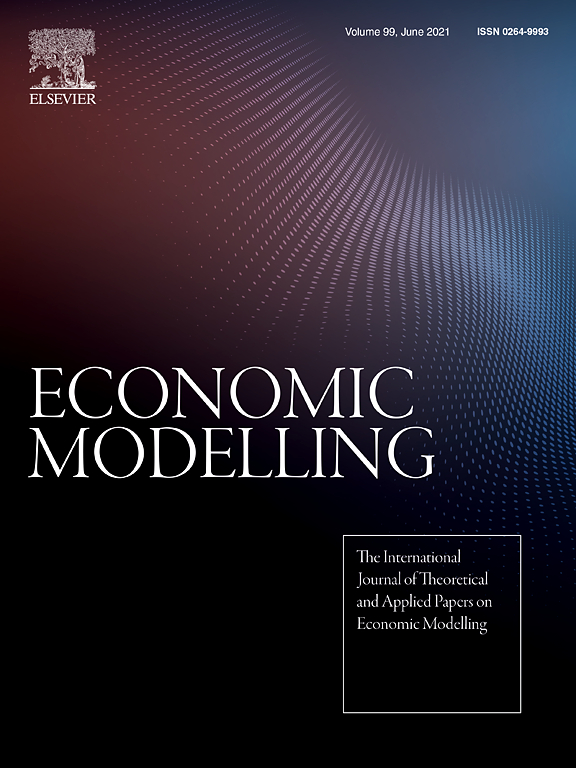
On Modeling IPO Failure Risk
in: Economic Modelling, April 2022
Abstract
This paper offers a novel framework, combining firm operational risk, IPO pricing risk, and market risk, to model IPO failure risk. By analyzing nearly a thousand variables, we observe that prior IPO failure risk models have suffered from a major missing-variable problem. Evidence reveals several key new firm-level determinants, e.g., the volatility operating performance, the size of its accounts payable, pretax income to common equity, total short-term debt, and a few macroeconomic variables such as treasury bill rate, and book-to-market of the DJIA index. These findings have major economic implications. The total value loss from not predicting the imminent failure of an IPO is significantly lower with this proposed model compared to other established models. The IPO investors could have saved around $18billion over the period between 1994 and 2016 by using this model.

Stock Liquidity and Corporate Labor Investment
in: Journal of Corporate Finance, February 2022
Abstract
Labor is among the most crucial factors of production that maintain a firm's competitiveness. Given its economic importance, drivers of firms' labor investment policy have gained increasing attention in the financial economics literature. This study investigates the relation between stock liquidity and labor investment efficiency. We establish a causal relation between the two phenomena using an exogenous shock to liquidity: the 2001 decimalization of stock trading. We find that labor investment efficiency improves following an increase in stock liquidity, and the effect is prevalent in firms experiencing overinvestment in labor. Our findings further support the argument that stock liquidity improves the efficiency of labor investment by enhancing governance through shareholder exit threat.

CEO Network Centrality and the Likelihood of Financial Reporting Fraud
in: Abacus, No. 4, 2021
Abstract
This paper investigates the association between CEO’s relative position in the social network and the likelihood of being involved in corporate fraud. Tracing a large sample of US publicly listed firms, we find that CEO network centrality is inversely related to the likelihood of fraudulent financial reporting. We also document a significant spillover effect of financial reporting behaviour from the dominant (most central) CEO to other CEOs in the same social network, suggesting that the ethical corporate behaviour of CEOs is, on average, influenced by that of their dominant CEO in the network. We further find that the role of CEO network centrality in reducing fraud risk is more prominent in firms with lower auditor quality. Overall, our results suggest that network centrality is an important CEO trait that promotes ethical financial reporting behaviour within social networks.

Executive Equity Risk-Taking Incentives and Firms’ Choice of Debt Structure
in: Journal of Banking and Finance, December 2021
Abstract
We examine how executive equity risk-taking incentives affect firms’ choice of debt structure. Using a longitudinal sample of U.S. firms, we document that when executive compensation is more sensitive to stock volatility (i.e., has higher vega), firms reduce their reliance on bank debt financing. We utilize the passage of the Financial Accounting Standard (FAS) 123R option-expensing regulation as an exogenous shock to management option compensation to account for potential endogeneity. In cross-sectional analyses, we find that the documented effect of vega is amplified among firms with higher growth opportunities and more opaque financial information; we also find vega's effect is mitigated in firms with limited abilities to tap into public debt market. Supplemental analyses suggest that firms with higher vega face more stringent bank loan covenants. We conclude that, by encouraging risk-taking, higher vega reduces firms’ reliance on bank debt financing in order to avoid more stringent bank monitoring.
Working Papers
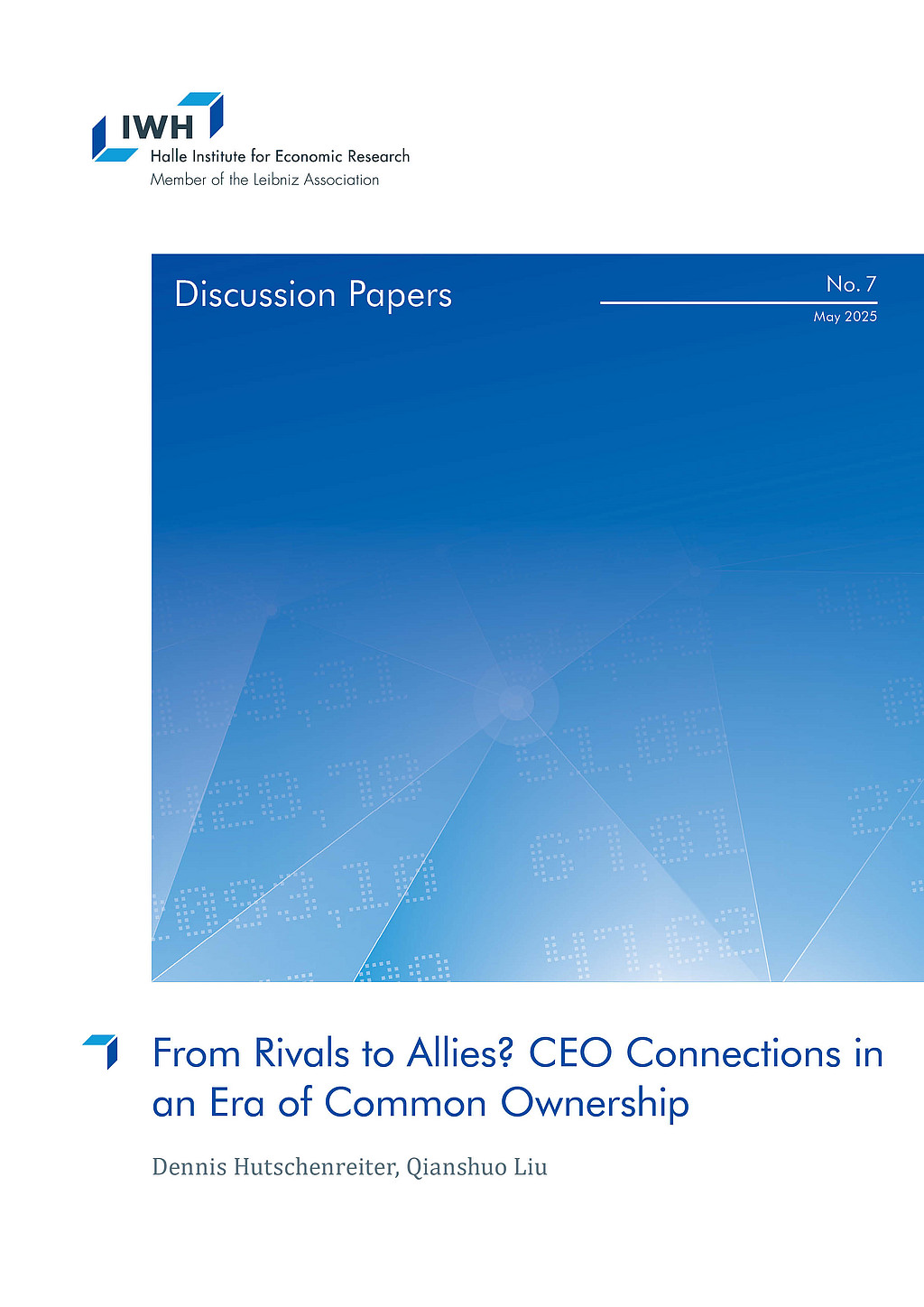
From Rivals to Allies? CEO Connections in an Era of Common Ownership
in: IWH Discussion Papers, No. 7, 2025
Abstract
<p>Institutional common ownership of firm pairs in the same industry increases the likelihood of a preexisting social connection among their CEOs. We establish this relationship using a quasi-natural experiment that exploits institutional mergers combined with firms’ hiring events and detailed information on CEO biographies. In addition, for peer firms, gaining a CEO connection from a hiring firm’s CEO appointment correlates with higher returns on assets, stock market returns, and decreasing product similarity between companies. We find evidence consistent with common owners allocating CEO connections to shape managerial decisionmaking and increase portfolio firms’ performance.</p>
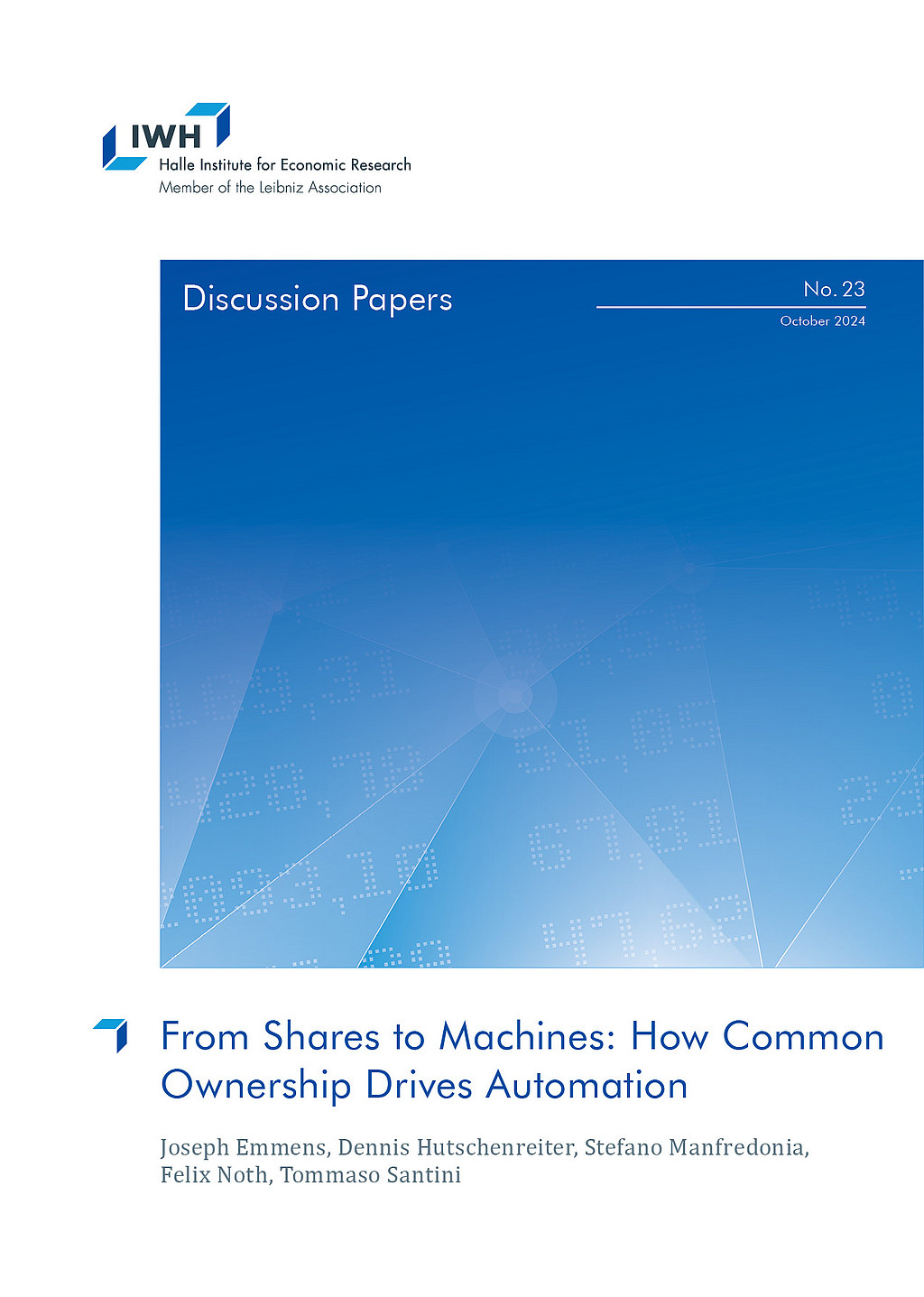
From Shares to Machines: How Common Ownership Drives Automation
in: IWH Discussion Papers, No. 23, 2024
read publication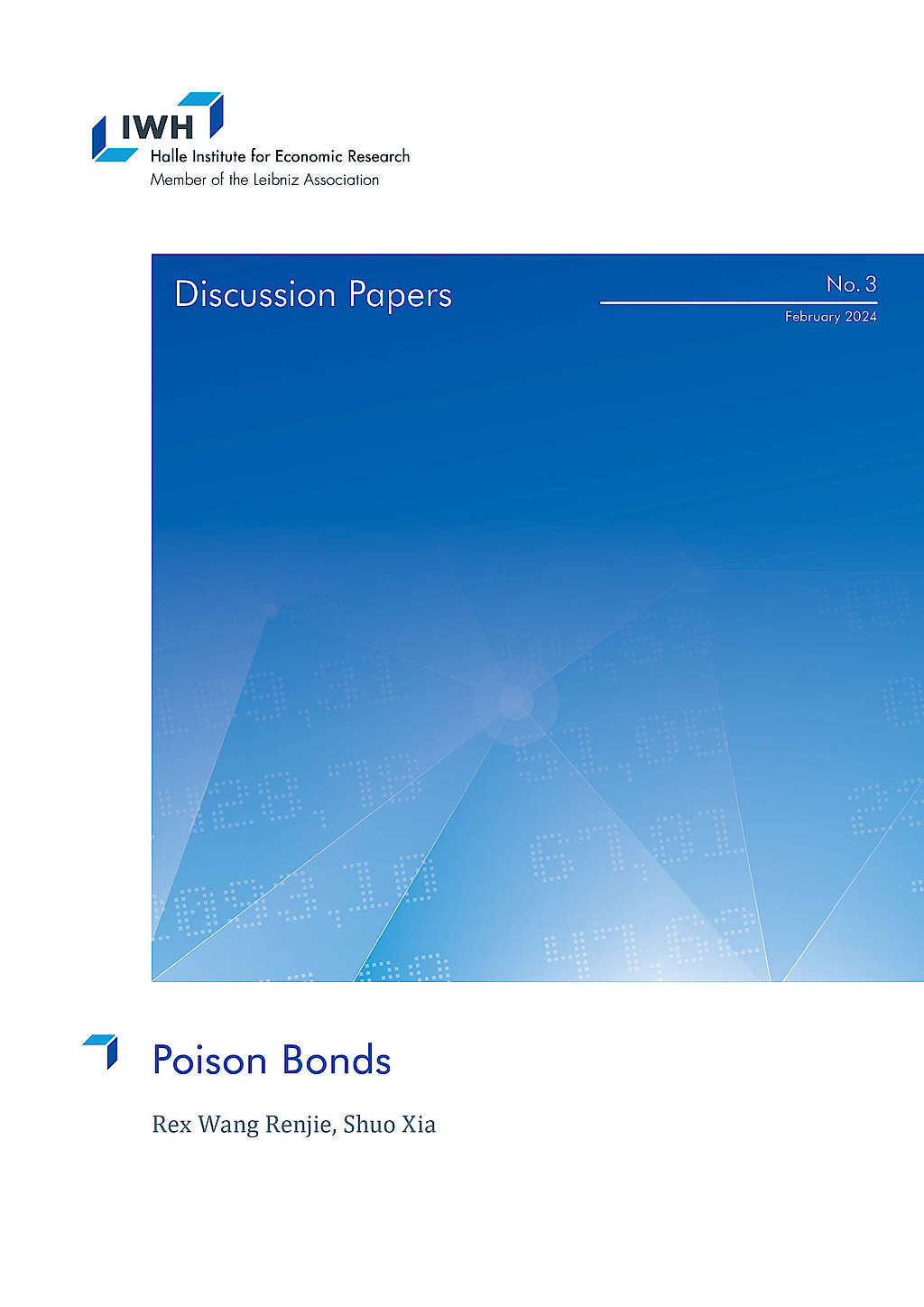
Poison Bonds
in: IWH Discussion Papers, No. 3, 2024
Abstract
This paper documents the rise of “poison bonds”, which are corporate bonds that allow bondholders to demand immediate repayment in a change-of-control event. The share of poison bonds among new issues has grown substantially in recent years, from below 20% in the 90s to over 60% since mid-2000s. This increase is predominantly driven by investment-grade issues. We provide causal evidence that the pressure to eliminate poison pills has led firms to issue poison bonds as an alternative. Our analysis suggests that this practice entrenches incumbent managers and destroys shareholder value. Holding a portfolio of firms that remove poison pills but promptly issue poison bonds results in negative abnormal returns of −7.3% per year. Our findings have important implications for the agency theory of debt: (i) more debt may not discipline the management; and (ii) even without financial distress, managerial entrenchment can lead to agency conflicts between shareholders and creditors.
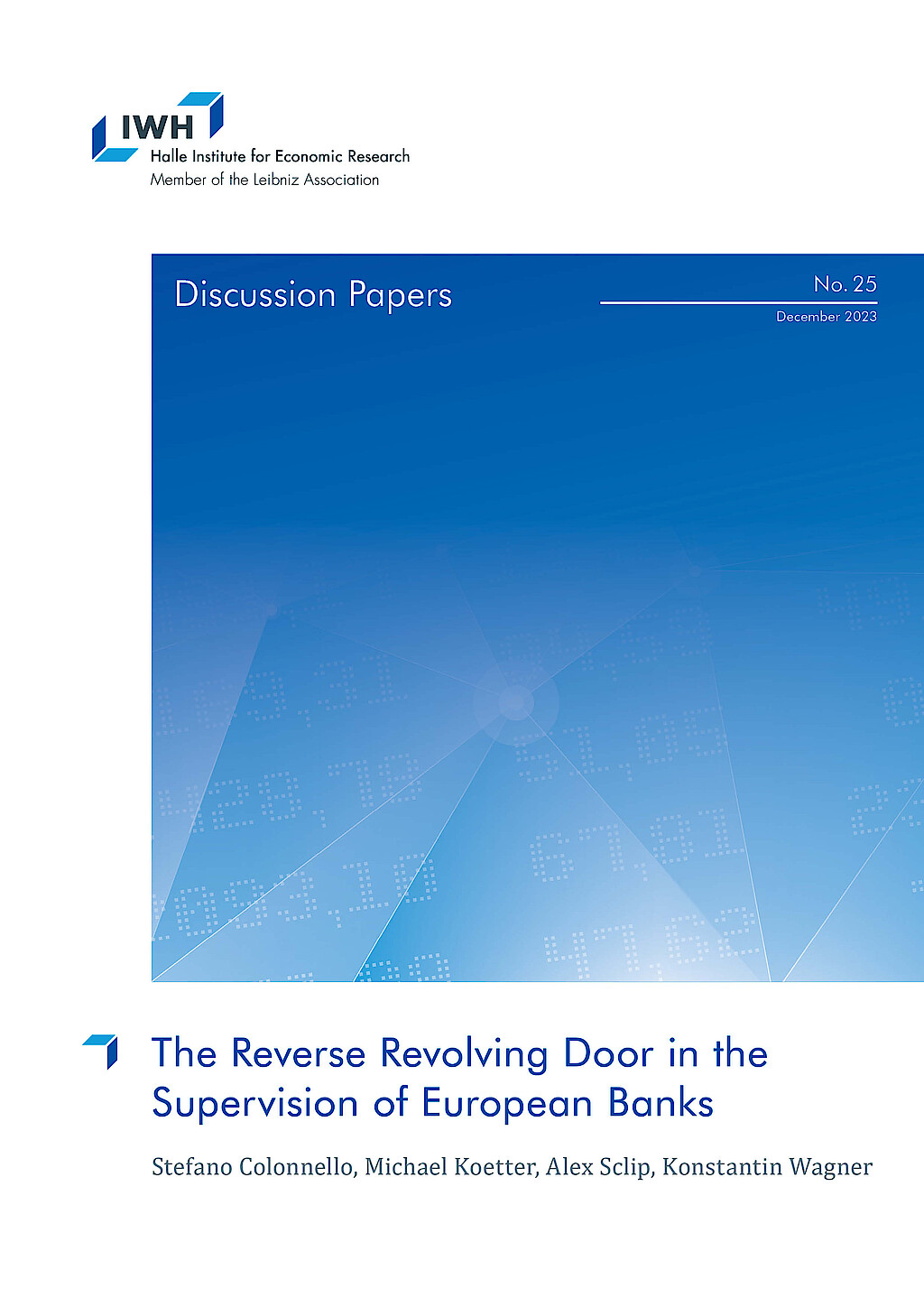
The Reverse Revolving Door in the Supervision of European Banks
in: IWH Discussion Papers, No. 25, 2023
Abstract
We show that around one third of executive directors on the boards of national supervisory authorities (NSA) in European banking have an employment history in the financial industry. The appointment of executives without a finance background associates with negative valuation effects. Appointments of former bankers, in turn, spark positive stock market reactions. This „proximity premium“ of supervised banks is a more likely driver of positive valuation effects than superior financial expertise or intrinsic skills of former executives from the financial industry. Prior to the inception of the European Single Supervisory Mechanism, the presence of former financial industry executives on the board of NSA associates with lower regulatory capital and faster growth of banks, pointing to a more lenient supervisory style.

Poison Bonds
in: SSRN Discussion Paper, 2023
Abstract
This paper documents the rise of "poison bonds", which are corporate bonds that allow bondholders to demand immediate repayment in a change-of-control event. The share of poison bonds among new issues has grown substantially in recent years, from below 20% in the 90s to over 60% after 2005. This increase is predominantly driven by investment-grade issues. We provide causal evidence that the pressure to eliminate poison pills has led firms to issue poison bonds as an alternative. Further analyses suggest that this practice entrenches incumbent managers, coincidentally benefits bondholders, but destroys shareholder value. Holding a portfolio of firms that remove poison pills but promptly issue poison bonds results in negative abnormal returns of -7.3% per year. Our findings have important implications for understanding the agency benefits and costs of debt: (1) more debt does not necessarily discipline the management; and (2) even without financial distress, managerial entrenchment can lead to conflicts between shareholders and creditors.










